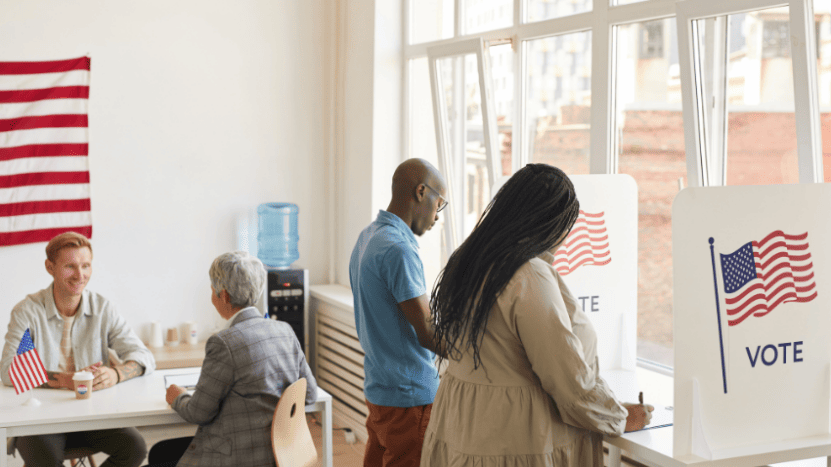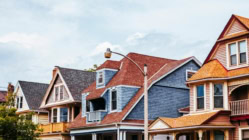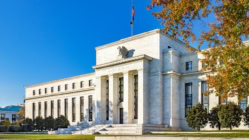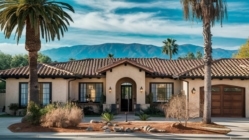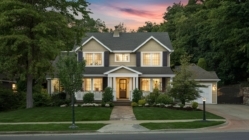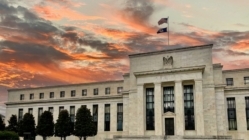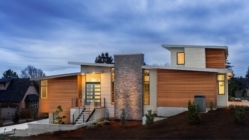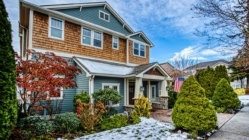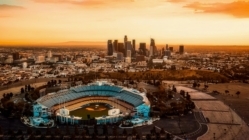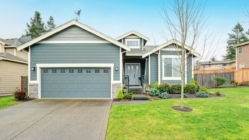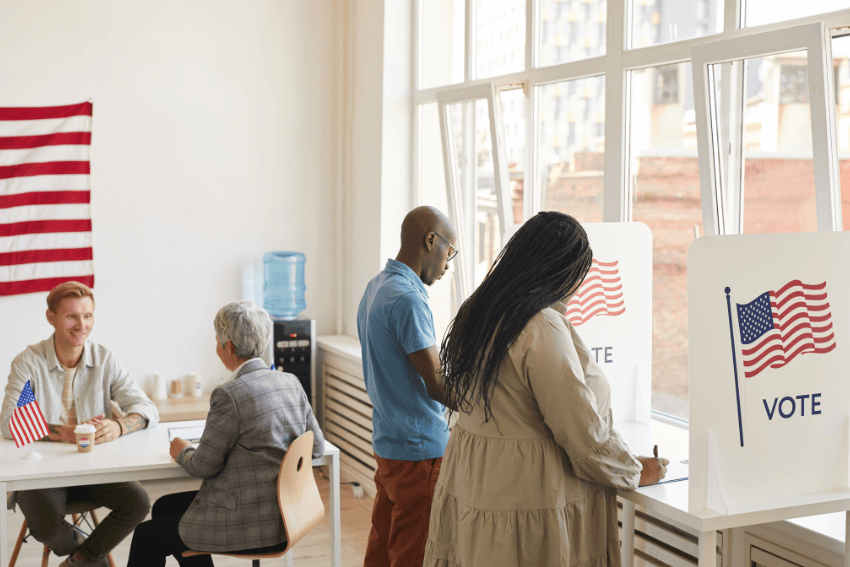
Rates fell yesterday as soon as investors digested the likely results of the midterm elections.
As I often repeat, rates fall when investors expect the economy to weaken or when they expect less inflation or even deflation.
Conversely, inflation expectations and/or strong economic signals push rates up.
So, yesterday, as it became clear that the GOP would take the House – rates fell.
And the reason was…gridlock.
A divided government with the GOP in control of the House and the Democrats in control of the White House (the Senate is still up for grabs) means that spending bills are much less likely to pass.
Investors perceive government spending as largely inflationary, given that many consider all of the government stimulus passed during the COVID crisis as the cause of our current bout of inflation.
Some investors may consider government spending as “stimulative” or good for economic growth. But, when government debt levels and deficits are as high as they are right now, additional spending is now perceived to be less stimulative. This means that additional spending now often does not result in economic growth as it might have when we had much less debt relative to the overall size of our economy. (This is why Japan’s economy, for example, has grown so little over the last few decades despite massive government spending; they simply have too much debt; more spending just means more borrowing, which is a drag on the economy overall).
The main takeaway here though is that gridlock means less spending, less inflation, and lower rates (in the eyes of most investors).
Rates In Presidential Election Years
I often address the myth about rates going down in Presidential election years, and I will hit it again here because it relates to this blog topic in general. There is about a 50/50 chance rates will fall during Presidential election years.
This is because the Fed is ostensibly independent and not willing or able to influence a Presidential election. And, even if the Fed is not as independent as it is supposed to be, who is to say that the Fed would support the incumbent President?
More importantly, rates move in both directions during election years because there are so many factors that influence rates both before and after elections, and I discussed it all in this 2020 blog: What Happens to Rates During Election Years.
Rates After Trump Was Elected – When Pundits Get It Wrong
Rates shot way up after President Trump was elected – surprising many people, given that there were dire predictions of stock market crashes and plummeting rates if he were to win.
But – investors apparently perceived his election as good for the economy for whatever reason (possibly his focus on deregulation or maybe the likelihood of gridlock).
Macro Pundits/Large Investors Don’t Root For Parties – They Hate All Politicians 😊
I have been following numerous macro pundits and major fund managers very closely on Twitter, YouTube, and in the podcast world now for the last four years, and one thing that has become very clear to me is that they do not align with “a team” or with one political party or another. Many (Lyn Alden, Brent Johnson, Erik Townsend, George Gammon, and Jeff Snider come to mind) are amazingly cynical when it comes to all politicians. So – while it may appear that some macro pundits are rooting for a team, they are necessarily very objective (or they will lose money); they just respond to what they expect to happen/reality – no matter who is in office. And sadly, they seem to always expect the worst when it comes to politicians of all stripes.
Jay Voorhees
Founder | JVM Lending
(855) 855-4491 | DRE# 1197176, NMLS# 310167

